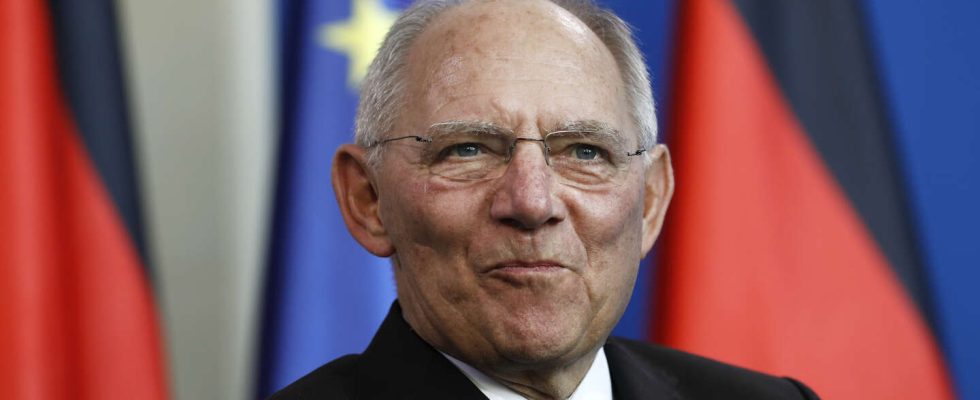He helped negotiate the reunification of Germany in 1990 and played a central role in the austerity efforts to pull Europe out of its debt crisis more than two decades later. Former German Finance Minister Wolfgang Schäuble died at the age of 81 on the evening of Tuesday December 26, his family announced to the German press agency DPA on Wednesday. Member of the Bundestag for half a century, Wolfgang Schäuble was one of the most significant figures in German political life of the last thirty years.
Born on September 18, 1942 in Freiburg, he first worked as a tax official in his native state of Baden-Württemberg, in the southwest of the country, before being elected to the West German Parliament in 1972. He joined the government of West Germany (FRG) for the first time in 1984, serving as chief of staff to Chancellor Helmut Kohl for five years, before becoming Minister of the Interior (1989-1991).
Actor of reunification, victim of an attack
In this position, Mr. Schäuble was a key negotiator in the reunification of Germany after the fall of the Berlin Wall on November 9, 1989, contributing to the preparation of the treaty which created the legal framework for unification, effective October 3, 1990. Nine days after reunification, while campaigning for the first elections of the unified country in Oppenau, in the southwest of Germany, Wolfgang Schäuble was the victim of an attack. An attacker with a history of mental illness shoots him in the spine, leaving him paralyzed for life. Another bullet hits him in the face, leading to plastic surgery for the latter.
Now quadriplegic, Mr. Schäuble quickly returned to politics. From 1991 to 1998, he was the leader of the parliamentary group of the Christian Democratic Union (CDU), before taking the head of the conservative party, succeeding Mr. Kohl after his defeat in the federal elections. But he was forced to leave the party presidency two years later, after being splashed in the CDU financing scandal surrounding Mr. Kohl, that of the party’s slush funds, then giving way to Angela Merkel.
Supporter of austerity
After another stint at the Ministry of the Interior from 2005 to 2009 under the chancellery of Mme Merkel, it was in 2009 that the right-wing politician became her finance minister, until 2017. During the euro zone debt crisis, Wolfgang Schäuble became an uncompromising defender of budgetary austerity.
A longtime proponent of greater European unity, he helped lead a years-long effort to strengthen integration and establish tougher rules. Germany was then criticized for the importance it attached to austerity and for its lack of solidarity towards member countries.
After eight years as finance minister, Mr. Schäuble consolidated his status as an experienced statesman by becoming President of the Bundestag in 2017, until 2021, the last step in a long and prominent political career that saw him overcome many discouraging setbacks.

